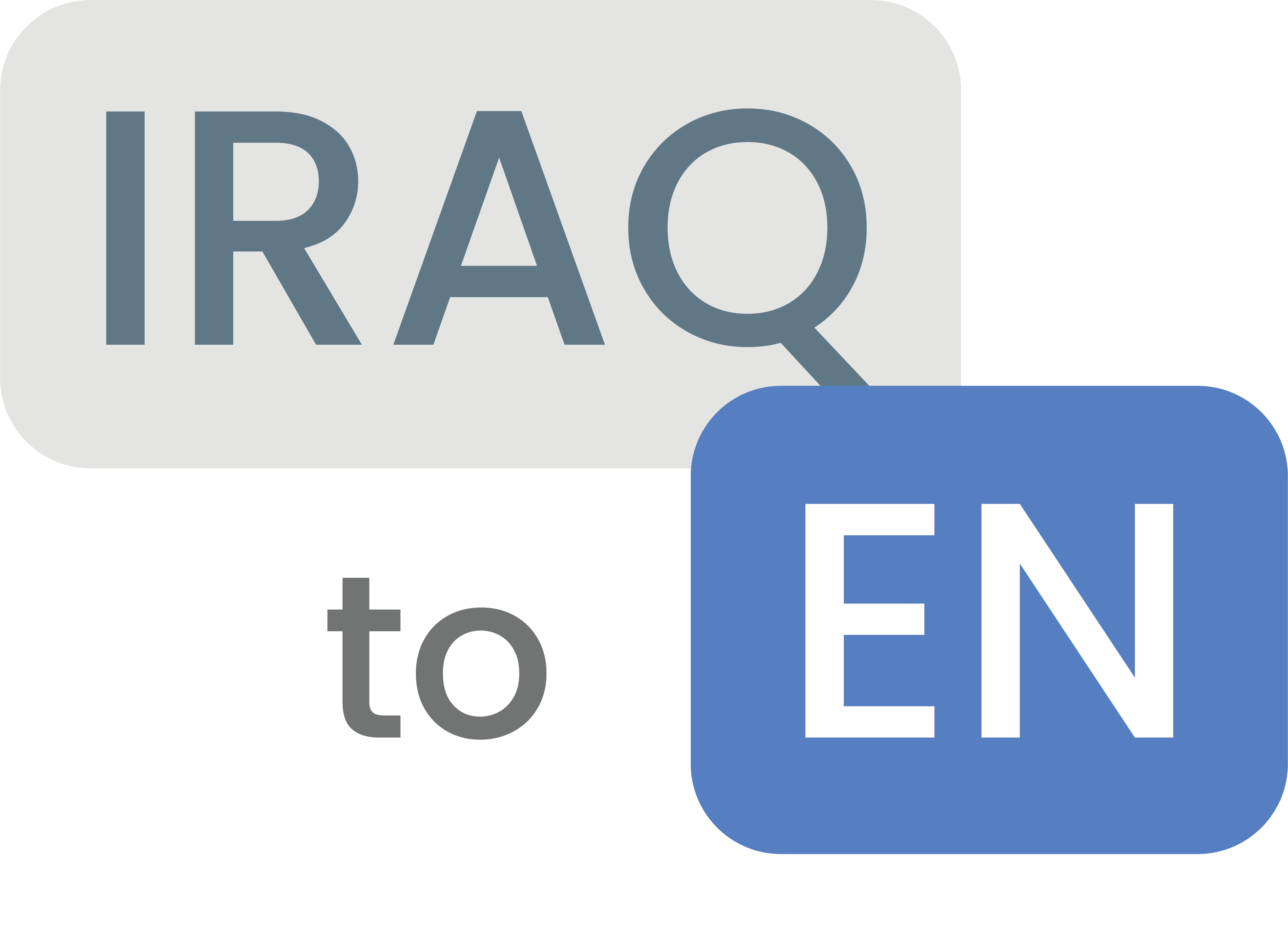Visa and The Central Bank of Iraq Partner To Educate Iraqis on The Power of Digital Payments

Baghdad, August 31, 2023: Visa, the world’s leader in digital payments, has launched an initiative in partnership with The Central Bank of Iraq to educate merchants and consumers in Iraq on the benefits of digital payments, and create awareness on the safety, convenience and security of digital transactions.
The initiative is supported by Prime Minister H.E. Mohammed Shia’ Al Sudani and aims to encourage the population of Iraq to embrace the financial independence offered by a cashless ecosystem.
In partnership with the Central Bank of Iraq, the campaign looks at supporting the development of a secure and safe digital payments ecosystem for merchants and consumers in Iraq by reducing the use of cash, promoting cashless and contactless payments and empowering people through financial inclusion. H.E. Ali Mohsen Al-Alaq, Governor of the Central Bank of Iraq said, “The Central Bank of Iraq is pleased to partner with Visa on this education awareness campaign for merchants and individuals. We have consistently promoted financial inclusion initiatives across the country, set in place with regulatory frameworks and supervision processes. Iraq remains a key supporter of digital financial services aligning with the CBI Strategic Plans.”
In its initial phase, the campaign will focus on educating Visa’s growing community of merchants and consumers. Historically, merchants have been cautious to introduce POS machines resulting in heavy reliance of cash. However, there is a growing appetite for digital payments in Iraq which is expected to surge by 14.23% between 2023 and 2027[1]. This initiative will increase financial literacy and foster financial inclusion where nearly 80% of the population is still unbanked or does not have access to digital payments.
The campaign will include education on card issuance such as obtaining and activating Visa cards, and card usage for day-to-day transactions using real-life use cases such as online shopping, supermarket, fast food, and restaurant payments. Visa’s efforts also include hosting training workshops, developing merchant and consumer-friendly toolkits to accelerate acceptance and usage.
Mario Makary, Visa’s Cluster Manager for Levant, commented: “There are significant gains from a cashless economy and at Visa, we are keen on bringing these benefits to the population of Iraq, which is currently 80% unbanked and underserved[2]. Our campaign, endorsed by the Prime Minister and the Central Bank, is aligned with Iraq’s Vision 2030 objectives to advance financial inclusion within a diversified economy.”
“Economies of the world are rapidly developing and increasing the use of digital in all ways of life. We believe education is the way forward and urge all our merchants and users to help build this cashless ecosystem in the country to capture all the economic benefits it offers. Visa has been working for the past few years with the Central Bank of Iraq and key players in the industry to promote financial literacy and penetration in terms of the tools and the means for people to engage in commerce,” continued Makary.
The Iraqi government has been working towards driving nationwide transformation to achieve diversified growth aligning with its Vision 2030. Back in January 2023, the Prime Minister’s Office released a mandate to use Point-Of-Sale (POS) in all governmental and non-governmental institutions, which will boost and reinforce Visa’s efforts in Iraq.
Visa has always strived to be at the forefront of innovation in its aim to build the largest, most dynamic, global, open network of technology, partnerships, and people. With numerous initiatives and partnerships established in Iraq, Visa achieved the pioneering feat of introducing the country’s first digital-only payment card and multi-currency cards. Iraq, lending its name to offer global scale, security, sophisticated capabilities including an enriching and rewarding experience to customers.
[1] https://www.statista.com/outlook/dmo/fintech/digital-payments/iraq
[2] https://openknowledge.worldbank.org/server/api/core/bitstreams/164353f9-9a62-4ec9-a760-6115b6f6abc6/content


